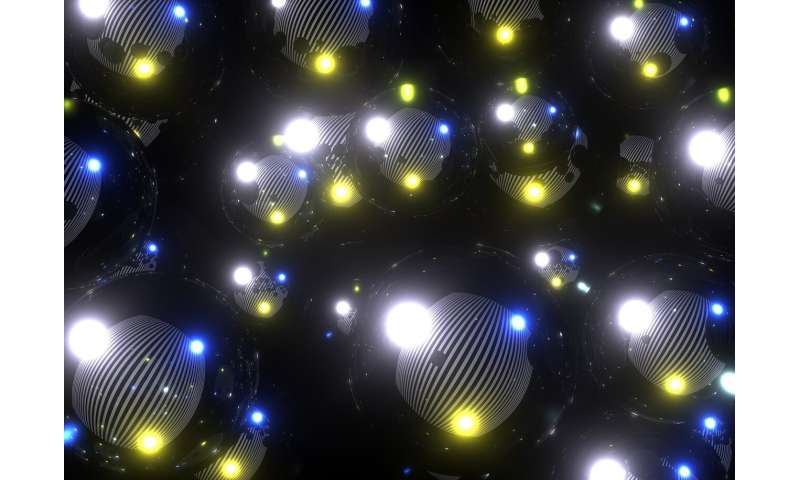Best of Last Week: Gravity sans string theory, early female big game hunters and COVID-19 antibodies different for kids

It was a good week for physics as an international team of physicists found a way to explain gravity without involving string theory, showing that it is possible to connect general relativity and quantum mechanics using other theories. Also, a trio of researchers at Swinburne University of Technology came up with a new way to observe dark matter haloes that surround galaxies—one that is 10 times more precise than current methods. And a team at Institut d'Astrophysique Spatiale claimed to have detected dark matter in 20-year old ROSAT2 survey data.
In technology news, a joint Japanese-Australian venture called The Hydrogen Energy Supply Chain has proven to be ambitious and controversial, as some in that country have claimed that moving from oil and coal to hydrogen is not really all that green because it is not accomplished using renewable resources. And a combined team of researchers from the Spanish National Research Council and the Polytechnic University of Valencia discovered a new way to produce hydrogen using microwaves. Also, a combined team from Facebook AI Research and the Georgia Institute of Technology outlined their efforts aimed at teaching AI agents to communicate and act in fantasy worlds. And a team at Incheon National University developed transparent solar cells that could bring a new era of personalized energy to consumers.
In other news, a team at the University of California, Davis, found evidence showing that early big-game hunters in the Americas were female—upending theories suggesting that in hunter-gatherer societies, male members hunted and female members gathered. Also, a team with members from several institutions in the U.S. and one in China found that for some people infected with COVID-19, an autoimmune antibody that circulates in the bloodstream sometimes attacks blood cells, triggering clots in arteries, veins, and microscopic vessels.
And finally, if you are worried about what might happen to your child if they become infected with the SARS-CoV-2 virus, you might want to check out research conducted by a team at Columbia University Vagelos College of Physicians and Surgeons—they found that children produce different antibodies in response to SARS-CoV-2 than adults.
© 2020 Science X Network